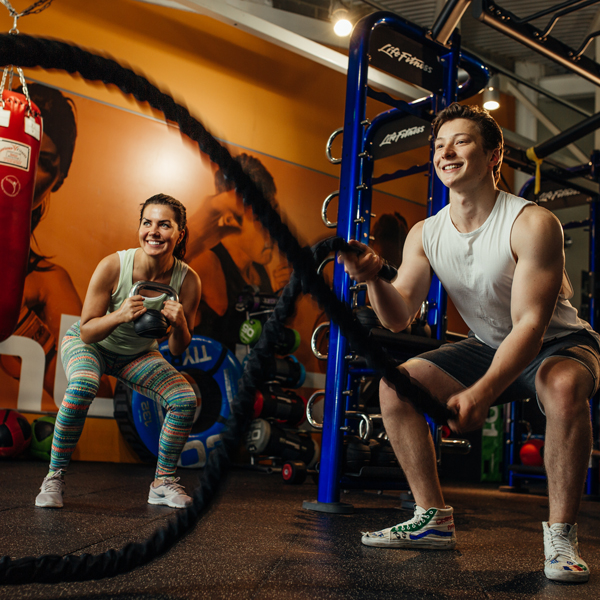When we concentrate on an individual’s talents and the value that they can contribute to their community, we have made the initial move in facilitating and nurturing a friendship founded on a mutual interest that two people might have in common.
We exist in a world where isolation and loneliness are becoming an escalating challenge for all communities across the globe, particularly for people with disabilities. Taking measures to generate opportunities for friendships and genuine connections is significant now, more than ever before.
Sport and active recreation can offer the ideal setting for this to occur.
In this post you will acquire knowledge of:
The influence of loneliness and isolation
Why friendships are significant
Why sport can establish meaningful friendships between people with and without disabilities.
At the conclusion of the post, we disclose how you can learn more about this matter, so that you can take action regarding this in your club, activity or program.
Why are friends of such significance?
Good friends are beneficial for your well-being. Friends can assist you in celebrating happy moments and offer support during difficult times. Friends prevent loneliness and provide you with a mutual chance to also provide necessary companionship. Friends can also enhance your sense of belonging and purpose, increase your happiness and decrease your stress. Friends have a considerable role in enhancing your overall health.
Good friends are beneficial for your health.
It has been asserted that an antidote to loneliness is friendship, yet having friends is also disproportionately not attained as readily for people with disabilities. In comparison to the general population, individuals with disabilities have fewer friends, less social support and are more socially isolated.
Research has indicated that children with disabilities partake in less physical activity in contrast to their typically developing counterparts. (3) By facilitating the participation of children with disabilities in community sports and activities, children acquire activity-specific skills, group participation skills, self-esteem, greater independence, and opportunities to engage in positive peer interactions.
Inclusive sports and recreation offer an ideal environment for this to take place. A coach, counselor or instructor is uniquely placed to initiate the connection that could result in an authentic relationship and friendship to bloom between a team member with, and a team member without, a disability.

Sports are active entertainment activities.
We engage in sport and active recreational opportunities with others due to common interests. Among all the ways we spend our time, recreational activities offer the ideal platform and foundation for friendships to be established. Generally, work and school environments focus on intelligence and productivity, and the associated measurements, thereby creating separation or labels. Recreation equals fun, sports equal fun. Everyone has the ability to have fun, feel fun, and experience fun. It’s what people opt to do with their time; it’s where people desire to spend their time.
And thus, sport and active recreation settings present the perfect chance to cultivate friendships for people with disabilities. Importantly, opportunities for meaningful connection should be created in a manner that leads to friendship among peers, both with and without disabilities.
But, it doesn’t just occur; as with most matters, it demands proactive measures by coaches, instructors, and administrators alike. It requires creating not only a welcoming and accessible environment for people with disabilities to participate but also entails thoughtful actions to foster genuine peer relationships.
